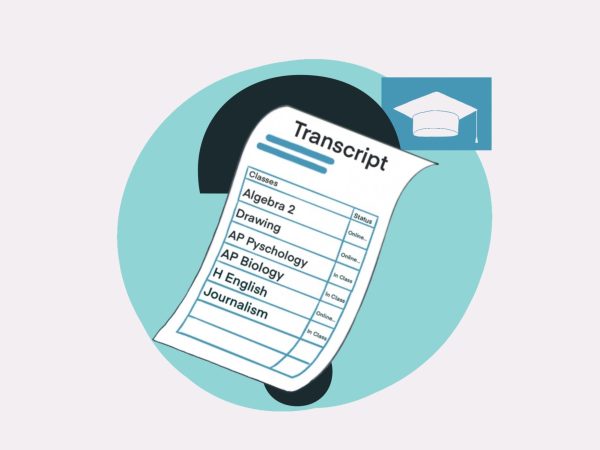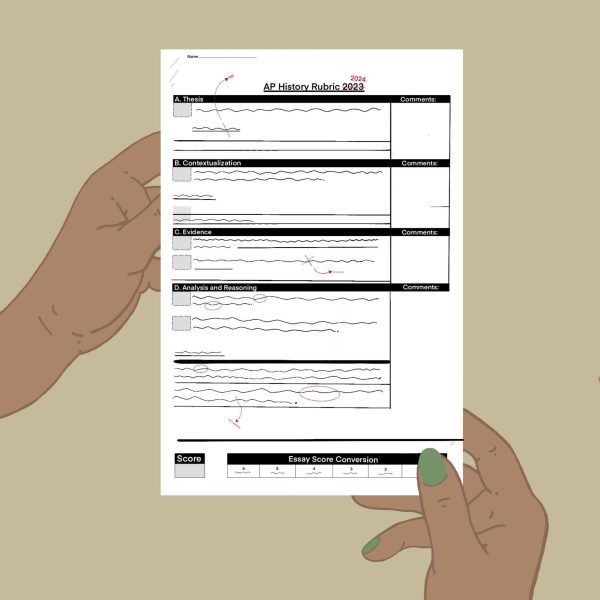Saying Goodbye to the No-Credit Policy
The no-credit grading option used during the last two years has expired, meaning students no longer have the option of replacing a failing grade with a no-credit mark on their transcript.
In place of a fail, students previously could request a mark of “NC” that would not affect their Grade-Point Average (GPA). Instead, they were given the opportunity to retake the course in order to earn a grade and five semester credits. The policy was introduced amidst the COVID-19 pandemic in 2020 in response to challenges that students were experiencing from online learning.
According to the Pali High Board of Trustees, the no-credit policy was only meant to be temporary, and it expired in June of 2022.
Associated Student Body (ASB) senior class president Talia Davood said that while the no-credit policy was necessary for many students during online learning and last year’s adjustment to returning to campus, it created some inequities among students.
“[The no-credit policy] might be a disadvantage and negatively impact … those students that are working harder to keep up their grades,” she added.
Davood also said that students need additional learning resources on campus.
“Now that [the no-credit policy is] not in place, in order to create a more fair and equitable environment, outside tutoring and individual support has to come into play more heavily,” she said.
Advanced Placement World History teacher Steven Burr explained that some teachers were frustrated by the fact that many students who had a “D” would intentionally try to fail so that the grade would not affect their GPA. This created a “perverse incentive structure to not do well,” Burr said.
Burr added that although the no-credit policy had some negative impacts, it was necessary due to the stress of the pandemic.
“We need to transition back to a more normal scale,” he said.
The no-credit policy will remain inactive in the foreseeable future, and any student who does not pass a class will have a grade of mark of “fail” appear on their transcript.
Sydney Meza, a junior, said that some students’ grades were negatively affected because of hardships endured during the pandemic. She added that administrators should have made it clear that the no-credit option is no longer available.
“If [the administrators] are ending the no-credit policy, they need to publicize it more and have more transparency with the students,” Meza said.
Meza also noted that some students were able to use the policy to their advantage.
“I had a friend who had a ‘D’ and was trying to [lower their grade], but that was because they genuinely didn’t feel like they could [raise their grade],” Meza recalled.
Meza believes that the implementation of the policy had an overall positive impact on students.
“There are kids that are going through a lot, and they don’t have enough time or ability to keep up with their grades in school,” Meza said. “Everyone has different circumstances.”

Samantha Sonnett is a sophomore, and this is her first year as a staff writer on the Tideline. She has always been passionate about writing and is thrilled...

Davina Yashar, a senior, is excited to contribute as an illustrator for the Tideline. Her main interests revolve around art, and she loves to paint...











